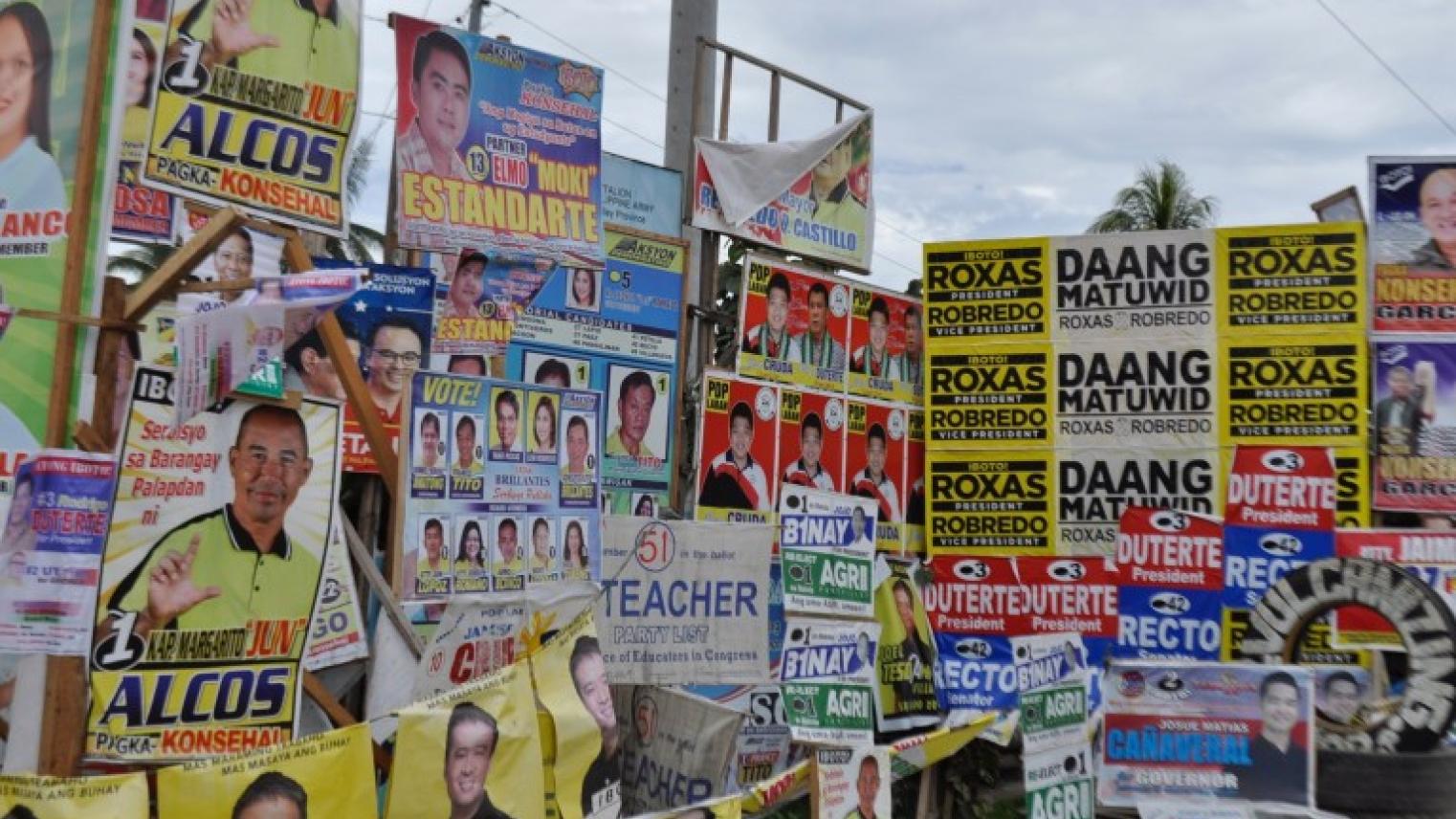Political machines have played a significant role in democracies around the world, as both political parties and politicians have relied on them for their electoral success. “The word ‘machine,’ explains Clarence Stone (1999, p. 446) “connotes an organization capable of delivering a vote with mechanical regularity.” While much literature argues that there has been a dramatic decline of machines in American cities (Banfield & Wilson 1963; Riedel 1964; Allswang 2019; Chubb 1981), political machines have continued to persist in many other parts of the world.
Contemporary studies of political machines are intertwined with analysis of clientelism and patronage, especially in developing countries. As a result, political machines tend to be quite narrowly understood mostly in clientelist terms. While there is ample data on how political machines operate in clientelist societies and how patronage is distributed through a web of brokers to voters, literature has provided a limited understanding as to how contemporary political machines evolve, endure, and decline.
Hicken et al. 2019 assert that local political machines are the building blocks of contemporary Philippine politics. Another recent study (Aspinall et al. 2022) demonstrates that Philippine political machines are relatively enduring as compared to their counterparts in Indonesia. In my initial investigation, however, I have found that there is in fact substantial variation in the longevity of local political machines. My study is focused on contemporary urban political machines in the Philippines, asking how they evolve and endure, and identifying the challenges that threaten their demise. With my focus on the Philippines, I will contribute to the understanding of political machine endurance in the context of a weak party system and personality-based politics.
About the speaker
Mary Joyce Bulao studies local politics and her interests include elections, urban political machines, local governance, and distributive politics. Prior to coming to ANU, she was a faculty member and the chairperson of the Social Sciences Department of the Ateneo de Naga University in the Bicol Region located in the southeastern tip of Luzon in the Philippines.
